Grammar Definitions
Your Mini-Dictionary of Grammar Definitions
Grammar - more than a set of definitions!
Our grammar Clue Cards from The Big Bad Grammar Slammer will give you a visual diagram of the major grammar terms.
Guess what? The study of grammar is more than a list of grammar definitions. Grammar is the relationship between the parts of speech. Using words correctly allows you to write and punctuate any sentence.
See below for the grammar Clue Cards download.
Commonly Used Grammar Definitions
Adjective - Modifies a noun
Adverb - Modifies a verb, an adjective, or another adverb
Antecedent - A personal pronoun the noun is replacing
I saw John. He is leaving tomorrow.
In this sentence, "John" is the antecedent.
Appositive - Restates the noun
Shannon, my cousin, is coming.
Articles - "a", "an", or "the"
Clause - Group of words which contain a subject and verb
See dependent clause and independent clause below.
Complex sentence - Composed of one dependent and one independent clause
Although she is forty, she looks like she is only thirty.
Compound sentence - Composed of more than one independent clause, both of which could stand as complete sentences
Conjunction - Joins sentences or compound phrases
and, or, but
Definite article - the word "the" which definitely identifies which noun
Dependent clause - A clause contains a subject and verb but cannot stand as a complete sentence.
Because we were late
Direct Object - Noun which receives the action in the predicate
Indefinite article - "an"
Independent clause - A complete sentence or a clause that can stand as a complete sentence
Indirect object - A noun to which the action the verb is directed
Infinitive - A noun phrase comprised of "to and a verb"
To smoke is to risk your health.
Gerund - A verb form used as a noun
Studying improves your grades
Linking Verb - "To be" verbs which connect the subjct and predicate
is, was, will be, etc.
Noun- Person, place, thing or emotion
Participial Phrase - A verb form used as an adjective
Running in the sun, the athlete became tired and thirsty.
Personal pronoun - Takes the place of a noun
I, you, he, she, it, we, they, me, him, her, us, them
Phrase - Does not have a subject and verb
Predicate Nominative - A noun in the predicate that is the same thing or person as the noun in the subject.
That girl is my friend.
Preposition - Gives the direction in time or place
about, above, across, after, among, at, before, behind, below, beside, between, by, down, during, except, for, from, in, like, near, of, off, on, over, through, to, under, until, up, with, without
Prepositional phrase - A phrase that begins with a preposition (see list above)
Pronouns - Takes the place of a noun
Proper Noun - Names a specific noun and is capitalized
Relative clause - Clause that begins with a relative pronoun, has a subject and verb, but does not express a complete thought
Whoever left their books on the table
Relative Pronoun - Pronoun that begins a relative clause
Who, whoever, whose, which, whichever, that
Subordinate Conjunctions - Begins a dependent clause
After, although, as, because, before, if, in order to, so, then, that, though, unless, until, when, whenever, where, whenever, whether, while
Verb - Action word
Now, don't you feel smarter after reading all those grammar definitions?
Actually, I highly recommend downloading the Grammar Slammer Cue Cards so you can visually see how all these interesting grammar definitions actually work.
Parts of Speech
It isn't enough just to know the common grammar definitions. Writers who master these concept of the parts of speech can define and sharpen their tools when they are discussing them.Yes, it is possible for someone to use exciting verbs without knowing the definition of "verb." However, it would be difficult for an editor or a teacher to explain to a writer that they need more action verbs, if they were unfamiliar with the concept of "verbs."
Here are the most common parts of speech:
- Noun: person, place, thing, or idea
- Adjective: describes (or modifies) the noun
- Verb: action word
- Adverb: describes (or modifies) the verb
- Prepositional phrase: group of words beginning with a preposition that describes when or where
Those five different parts of speech are demonstrated in this sentence: The sharp knife smoothly sliced through the rope.
English Grammar Tutorial
Are you looking for more than simple grammar definitions? Our English Grammar Tutorial provides an overview of grammar lessons and concepts.The modules include:
- 5 types of sentences
- Types of Nouns
- Use of Adjectives
- Verb Tenses
- Use of Adverbs
- Special Sentence Types (appositives, direct address, interogatives)
- Complex and Compound Sentences
Download the Clue Cards
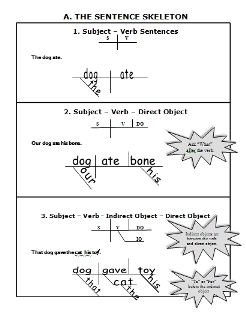
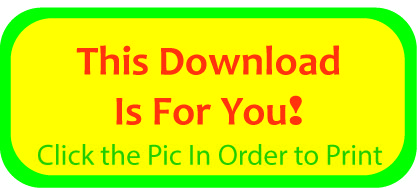 Click the image to find the FREE Clue Cards download.
Click the image to find the FREE Clue Cards download.
Or, you can order the entire curriculum below.
Looking For An Easy English Grammar Tutorial?
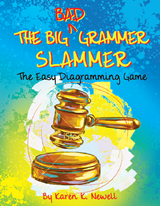 The Big Bad Grammar Slammer is a fun and simple review of all the major grammar definitions and uses of parts of speech. Better yet, it will make your proficient at writing and punctuating complex and compound sentences with confidence.
The Big Bad Grammar Slammer is a fun and simple review of all the major grammar definitions and uses of parts of speech. Better yet, it will make your proficient at writing and punctuating complex and compound sentences with confidence.
Order Grammar Slammer
All Formats Have Identical Content and Pages
Order 3 Ringed Binder
Non-consumable, 5th to 12th grade.Comes in 3 Ringed Binder
The 3 Ring Binder is great for durability. Put the Clue Cards in page protectors and you can use them over and over for years.
$24.95
Order the Soft Bound Edition
Many families like this economical, soft bound version. The paperback cover makes the book easy to use and store on your shelf.8 1/2 x 11" Paperback
$19.95
Order the Popular E-book
You may download the e-book from your computer. No shipping fees. No waiting.Downloadable E-Book
$19.95
About Our Site
Hands-On Learning
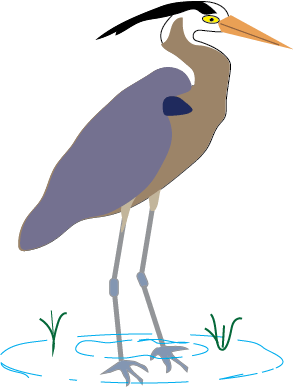
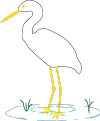
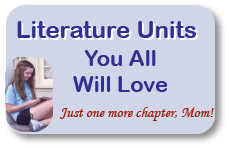
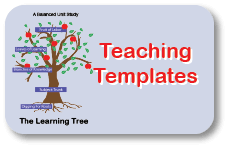
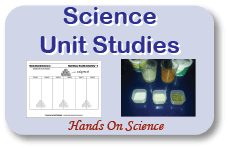
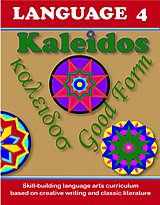
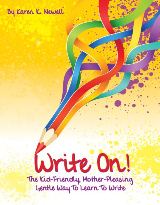
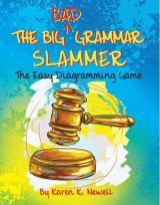
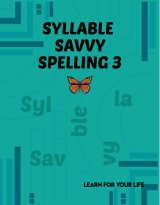
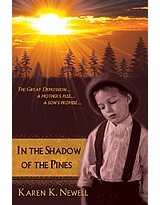
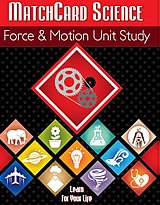


New! Comments
Share your feedback with the rest of the home school community.